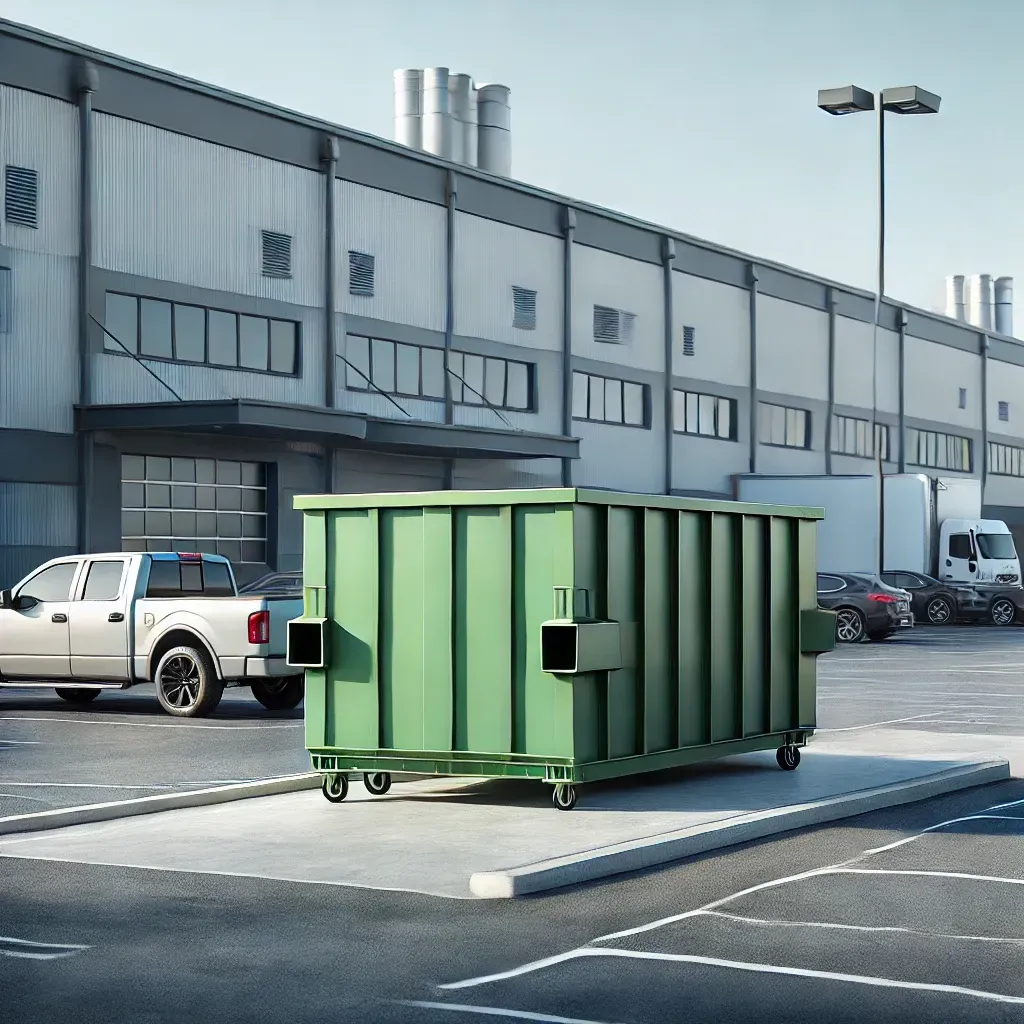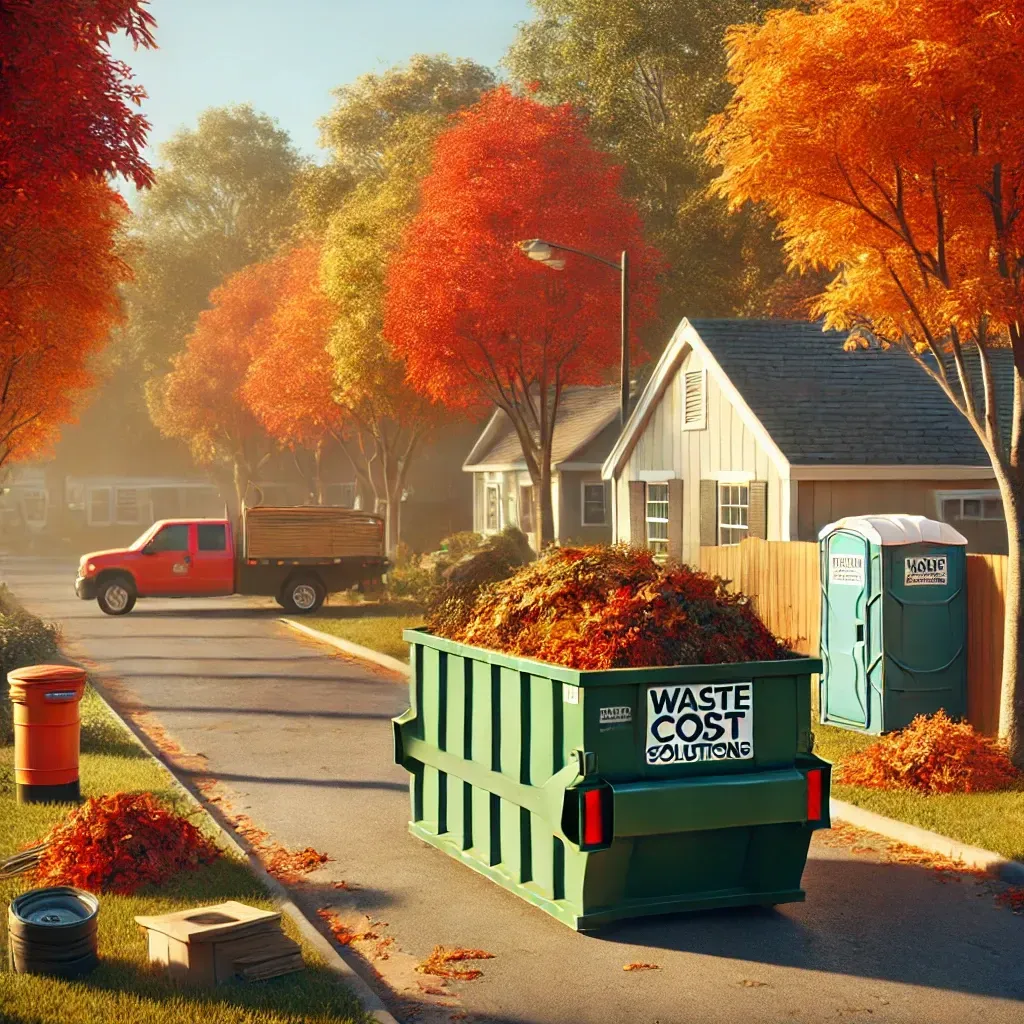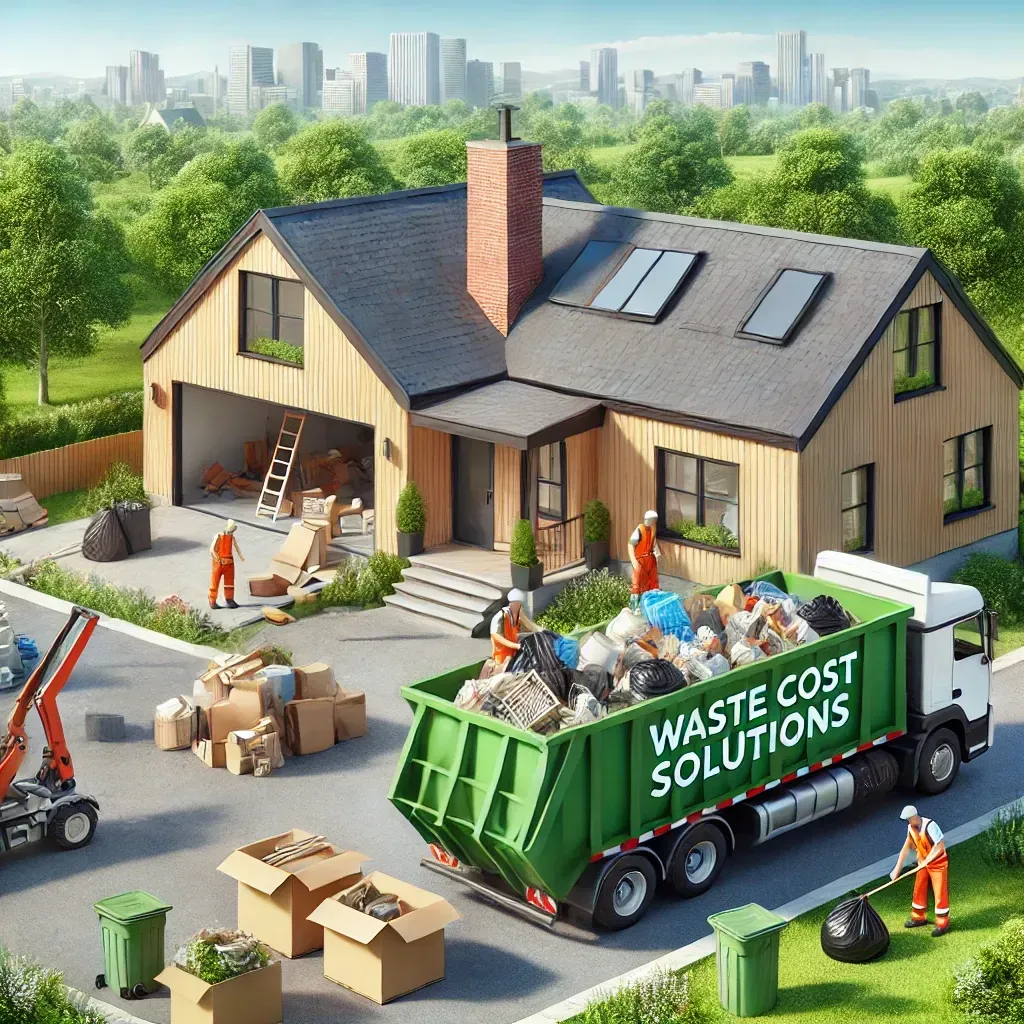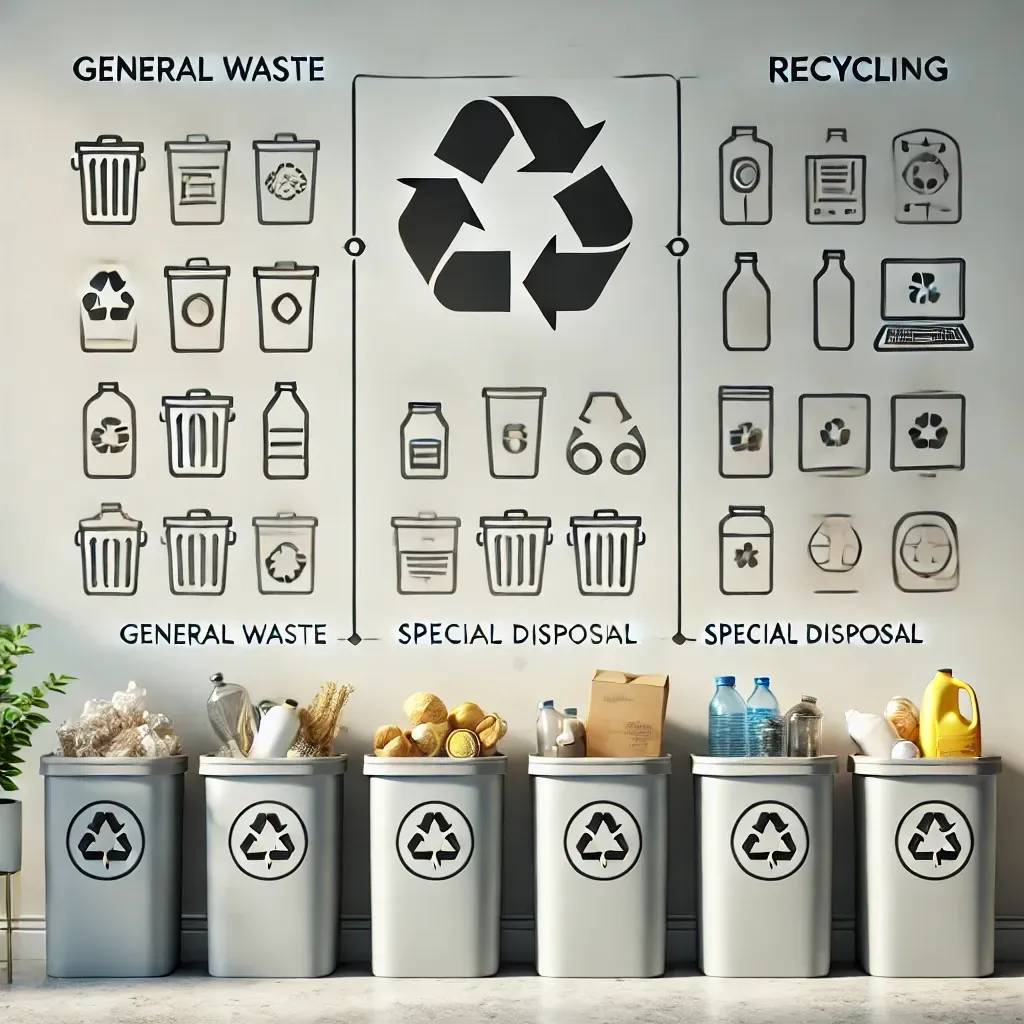Cutting Waste in the Food Industry
Waste management in the food industry is crucial, not just for environmental reasons but also for the financial health of businesses. From bustling restaurants to small cafes, effective waste management can lead to significant cost savings and contribute to a more sustainable future.
This post will explore the different types of waste generated in the food industry, the benefits of managing waste efficiently, and innovative solutions to help businesses reduce waste. By the end of this article, you'll understand the importance of partnering with professional services like
restaurant waste disposal to streamline your waste management practices.
The Importance of Effective Waste Management
- Environmental Impact
Improper waste disposal has dire environmental consequences. The food industry significantly contributes to landfill waste, with food waste alone making up a significant portion. According to the EPA, food waste is the largest material category in municipal landfills. This contributes to greenhouse gas emissions and wastes the resources used to produce, transport, and store food. By managing waste more effectively, restaurants can significantly reduce their environmental footprint.
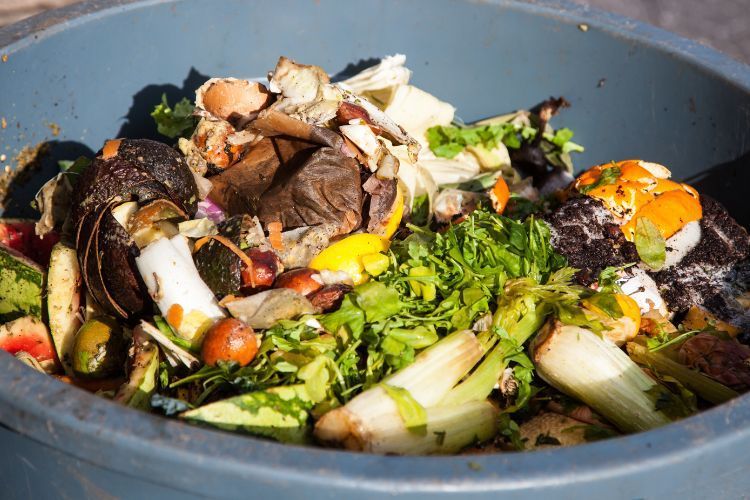
- Economic Benefits
Efficient waste management isn't just good for the planet; it's good for your bottom line. Restaurants that implement effective waste reduction strategies often see a noticeable decrease in operating costs. For instance, composting organic waste or recycling materials can reduce the frequency and cost of waste collection. Furthermore, some businesses have found innovative ways to turn waste into revenue streams, such as selling compost or partnering with local farms.
- Compliance with Regulations
The food industry is subject to stringent waste disposal regulations. Failure to comply can result in hefty fines and damage a restaurant's reputation. Staying up-to-date with local and national waste disposal regulations ensures that your business operates within the law and maintains a good standing in the community. Partnering with a professional service can help you navigate these regulations effectively.
Types of Waste in the Food Industry

- Organic Waste
Organic waste, including food scraps, spoiled food, and leftovers, is a significant component of restaurant waste. Effectively managing this waste is crucial. Composting is a popular method for disposing of organic waste, turning it into valuable compost that can enrich soil. Some restaurants even partner with local farms to provide organic waste for composting.
- Grease and Oil
Grease and oil disposal presents unique challenges. Improper disposal can lead to clogged pipes and environmental contamination. Utilizing a specialized service for grease disposal is essential. Companies offering a restaurant grease disposal service near you can help manage this waste efficiently, ensuring compliance with environmental regulations and preventing costly plumbing issues.
- Packaging and Plastic Waste
Single-use plastics and packaging materials are another significant source of food industry waste. Reducing the use of these materials is crucial for waste management. Switching to biodegradable or reusable packaging options can significantly reduce waste. Recycling programs can also help manage this waste more effectively.
Implementing an Effective Waste Management System

- Assessing Current Waste Practices
The first step in improving waste management is conducting a waste audit. This involves analyzing the types and amounts of waste your restaurant produces and identifying areas for improvement. A thorough waste audit provides a clear picture of where waste is generated and helps develop targeted strategies to reduce it.
- Partnering with Professional Services
Professional waste management services can significantly streamline your waste disposal processes. Services like restaurant waste disposal provide tailored solutions for different types of waste, from organic matter to grease and oil. Choosing the right service provider ensures your waste is handled efficiently and complies with all regulations.
- Staff Training and Engagement
Engaging your staff in waste reduction efforts is vital. Training staff on proper waste disposal practices and encouraging them to participate in waste reduction initiatives can lead to significant improvements. Simple practices, like separating recyclables from trash and adequately disposing of food waste, can make a big difference.
Innovative Solutions and Technologies
- Smart Waste Management Systems
Technology is playing an increasingly important role in waste management. Smart waste management systems use sensors and data analytics to monitor waste levels and optimize collection schedules. This reduces the frequency of waste pickups and helps identify areas where waste can be reduced. Restaurants adopting these technologies often see substantial reductions in waste and associated costs.
- Sustainable Packaging Innovations
Innovations in packaging are helping to reduce waste in the food industry. Biodegradable packaging materials, reusable containers, and compostable cutlery are becoming more common. These alternatives reduce waste and appeal to environmentally conscious customers, enhancing your restaurant's reputation.
The Path to Sustainable Waste Management
Effective waste management is essential for the food industry, offering significant environmental, economic, and regulatory benefits. By understanding the types of waste generated and implementing targeted strategies, restaurants can significantly reduce their waste footprint. Partnering with professional services like Waste Cost Solutions can further streamline these efforts, ensuring that waste is managed efficiently and sustainably.
To take the first step towards a more sustainable future, contact Waste Cost Solutions for expert advice and services tailored to your restaurant's waste management needs. Visit Waste Cost Solutions to learn more about how you can improve your restaurant's waste disposal practices today.
By prioritizing waste management, the food industry can lead the way in sustainability, benefiting both businesses and the environment. Let's work together to cut waste and create a greener future.
